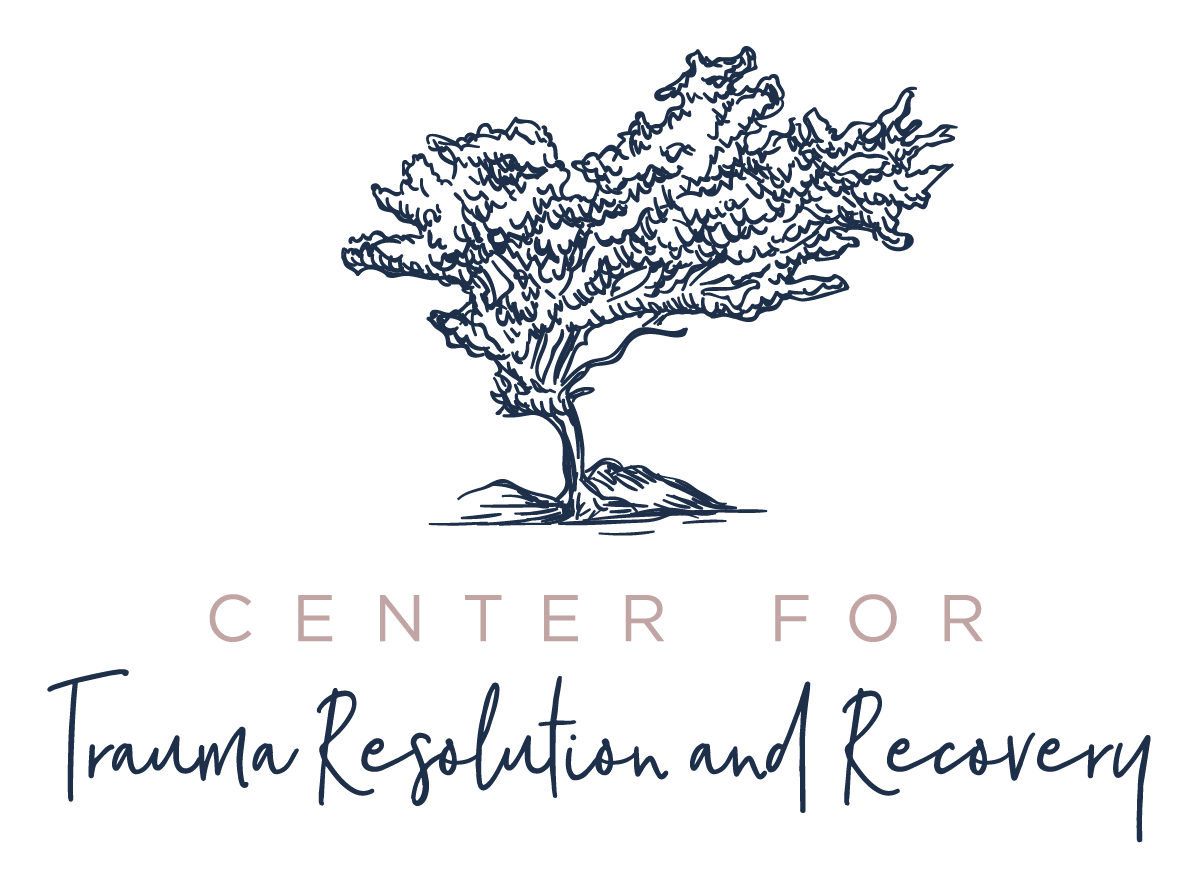Guilty? Of What?: Overcoming Guilt After Leaving Religion
Written by CTRR Practitioner Nicole Clifton
To learn more about working with Nicole, click here.
When someone has been part of a high-control religion and decides to leave, one of the emotions that can set in is guilt. This guilt can manifest in various ways—such as feeling like they've disappointed God or walked away from ministries they were involved in. One of the most burdensome aspects of guilt often relates to how our loved ones perceive us. The weight of disappointing family, friends, coworkers, mentors, or mentees can feel overwhelming because it seems like we are causing pain and grief for others. We may think that if we had just held on longer, done something differently, or had more faith, we wouldn’t be hurting those we care for and love.
A helpful reframe for me comes from Dr. Brené Brown, who differentiates between fitting in and belonging:
“Fitting in is about assessing a situation and becoming who you need to be to be accepted. Belonging, on the other hand, doesn’t require us to change who we are; it requires us to be who we are.”
—Brené Brown, The Gifts of Imperfection
While it can be jarring to realize that the “belonging” we thought we felt was actually “fitting in”—conditional on never changing our worldview—it can help us embrace the messy middle instead of piling on unnecessary guilt, shame, and self-contempt. This realization may also prompt us to confront some grief, which can indeed feel vulnerable and overwhelming.
Yes, leaving may cause discomfort for others—discomfort that they might even label as anger or grief. They are losing a version of you that they were more familiar with and perhaps felt they had more in common with. However, they do have a choice. They can choose to lean in, learn how to love, or at least respect this current and authentic version of you. They can allow themselves to unlearn and relearn who you are.
It's also important to note that they are causing discomfort, pain, and grief for you as well. Their current worldview, focused on protecting and fighting for “absolute truth” at all costs, may have developed an intolerance for validating the humanity of others who see things differently.
Another helpful reminder from Dr. Brown is the distinction between guilt and shame:
“I believe that there is a profound difference between shame and guilt. I believe that guilt can be adaptive and helpful—it’s holding something we’ve done or failed to do up against our values and feeling psychological discomfort. I define shame as the intensely painful feeling or experience of believing that we are flawed and therefore unworthy of love and belonging because of something we’ve experienced, done, or failed to do.”
—Brené Brown, Shame vs. Guilt
“Guilt = I did something bad. Shame = I am bad.”
—Brené Brown, Daring Greatly
For some, the internal dialogue surrounding their departure from religion is steeped in shame: “I’m a horrible person/daughter/son/child/friend/etc. for walking away from the church and making everyone upset.” Research shows that shame-based language is corrosive and does not help anyone heal or move forward in a healthy way.
I encourage you to reflect on this: even if you frame it as having done something bad instead of telling yourself you are bad (a horrible child, friend, mentor, etc.), did you actually do something wrong? Have you betrayed your own values? Are you genuinely not showing up as the person you want to be? Or is it simply hard to show up authentically after having had very specific expectations about who you were supposed to be and how you were supposed to think? Now that you’ve shifted or evolved, others may not know how to respond.
Now, let’s consider this: if you’re a caring and compassionate person, you likely don’t want to cause pain to those around you; you don’t revel in the suffering of your loved ones. However, we must remember that discomfort or emotional pain does not automatically indicate that what we did, said, or how we showed up was wrong. Sometimes, discomfort and pain are unavoidable or even necessary for growth. If you’ve been taught that abandoning yourself is always the right thing to do, it will certainly take time to build the capacity to understand that you are allowed to take up space and express your truth, even if it makes others uncomfortable. You are permitted to hold a both/and tension—not wanting to intentionally cause harm while also recognizing that you can show up authentically.
If you need a little inspiration to let this sink in, listen to “Q.U.E.E.N.” by Janelle Monáe. Besides being an all-around fantastic song, this line fits perfectly:
“Hey sister, am I good enough for your Heaven?
Say will your God accept me in my black and white?
Will he approve the way I'm made?
Or should I reprogram, deprogram and get down?
Even if it makes others uncomfortable, I will love who I am.”
Nicole Clifton, MA is a practitioner at CTRR. She supports individuals navigating faith deconstruction, healing from purity culture, LGBTQIA+, religious trauma and adverse religious experiences, life transitions, boundaries work, identity, chronic illness/ableism, and body image.
Instagram: @nicoleclifton_inyourcorner
Facebook: Nicole Clifton
To learn more about working with Nicole, click here.

